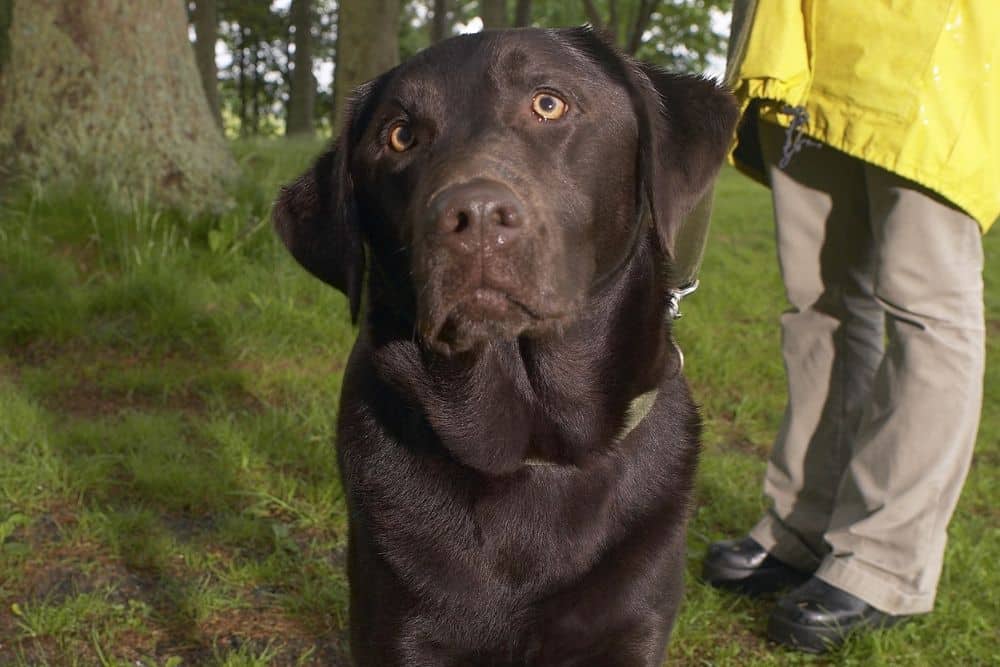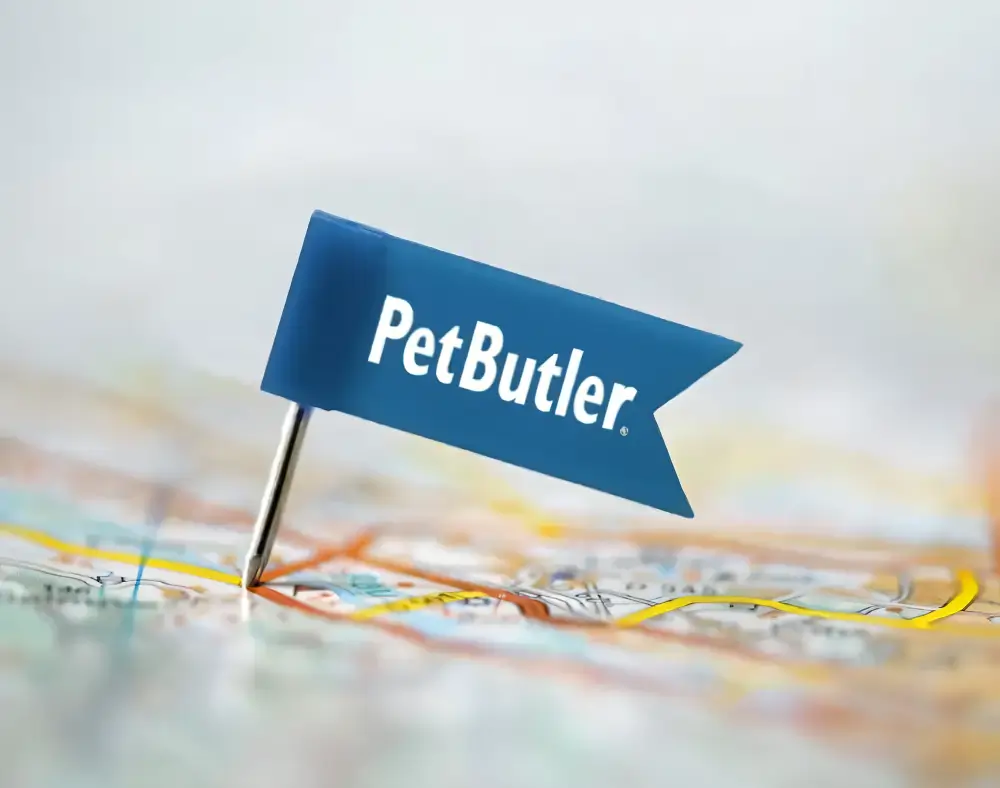Ommmmmm…… As I sit with my legs crossed, hands to the heavens, and eyes closed, I can almost feel myself becoming one with the universe. It is no secret that regular exercise and breathing deeply helps the body release natural feel-good chemicals. Which, in turn, can promote a better night’s sleep and sharper thinking. Physiologically, our pets’ bodies operate in much the same way we do. We know they anticipate, perceive, and react to stress very similarly; anxiety leads to rapid heart rate and breathing, raised cortisol levels, and outward signs of stress like panting, whining, shifting of weight off the front limbs, yawning, or pacing.
Signs Your Dog Is Stressed and How To Relieve Anxiety In your Pet
How can we assist our pets during times of stress or change and enable them to cope with situations that may prove taxing? First, recognize that some events are inherently hard on animals, taking into consideration your own pets’ personalities and environment. Animals are very perceptive. For example, if your human family is experiencing stress, your pets may become agitated as well. Change, whether it be a move, an animal or human addition to the family, or the loss of a loved one can be upsetting. Travel, storms, babies crying, separation from family (even for just a few minutes), pain, and illness are also common stressors.
Signs your pet may be experiencing stress include:
- Hiding
- Vocalizing
- Panting
- Salivating
- Shaking
- Needing physical closeness to their human
- refusing food
- Inappropriately urinating and defecating.
Tips to Manage Stress & Anxiety
- Make sure your pet has a calm place in which to retreat such as a kennel for a dog. A quiet, interior room or bathtub may relieve anxiety during a thunderstorm or fireworks.
- Thundershirts can provide relief by essentially wrapping your dog in a protective “hug”. By utilizing gentle, constant pressure symptoms of anxiety decrease.
- Do not inadvertently reward unwanted behavior such as crying or shaking by “reassuring” your dog things will be ok. Because such positive reinforcement can cause the behavior to persist or escalate.
- Make the kennel or safe space the best place to be by offering a high value treat such as a peanut butter filled kong every time they rest quietly in their “den”.
- Exercise your pet by taking a walk, tossing a toy, attending an obedience or agility class, or incorporating some of those yoga moves while exercising with your pet. Giving your pet a “job” or place to succeed can work wonders for calming nerves and instilling confidence.
Separation Anxiety
If separation anxiety is a problem, try to ignore your pet for the first few minutes after you arrive home. Allowing them time to settle, and don’t forget to reward calm, quiet behavior with your attention. Also, try to vary your departure and arrival routine and schedule. Your dog will come to associate the sound of the hair dryer or garage door opening with your departure may cause anticipatory stress.
Alternative Stress Relief Methods
- Natural chemicals such as dog appeasing pheromone (DAP or ADAPTIL) can calm dogs under stress. Collars, plug-ins, and sprays are impregnated with the odorless product and are worn or placed strategically on bedding during travel or throughout the home.
- Essential Oils. Lightly diffused essential oils such as lavender and chamomile may be relaxing though in concentrated doses they can also be toxic. Make sure your dog can’t taste test any oils you may use in your home. Rescue Remedy is a Bach Flower blend that can be given orally to your pet or in the water bowl. It can be found online at: VitaminShoppe.com or at Whole Foods. Other common supplements used in managing pet anxiety include: Melatonin, Valerian Root, and Passion Flower extracts.
- Calming CD’s and Videos. These can help your animal relax while you are away or divert their attention from a major weather system. Relaxation Music for Dogs and Cats Vol. 1 and DVD’s such as Dog Sitter (multiple volumes) can be found on Amazon. These videos show familiar and comforting scenes such as fish swimming in a bowl, layered with sounds appealing to dogs including the phrase “good dog” audible only to canine ears!
Senior Dogs & Stress
In older dogs, pain is a common cause of physiologic stress and can be treated via a multi-modal approach involving anti-inflammatory medications, massage, acupuncture and supplements. It is best to consult your veterinarian to see which therapy and dosage is best for your animal depending on their specific condition. Board certified veterinarians who specialize in rehabilitation and recovery, chiropractic, and physical therapy are available at most veterinary teaching hospitals and major metropolitan areas.
The bottom line is to get moving and have fun! You will often hear me say, “a mentally and physically tired dog is a happy dog and owner!”
Now, lace up your running shoes and grab a leash. You and your pet are on the road to relaxation!

